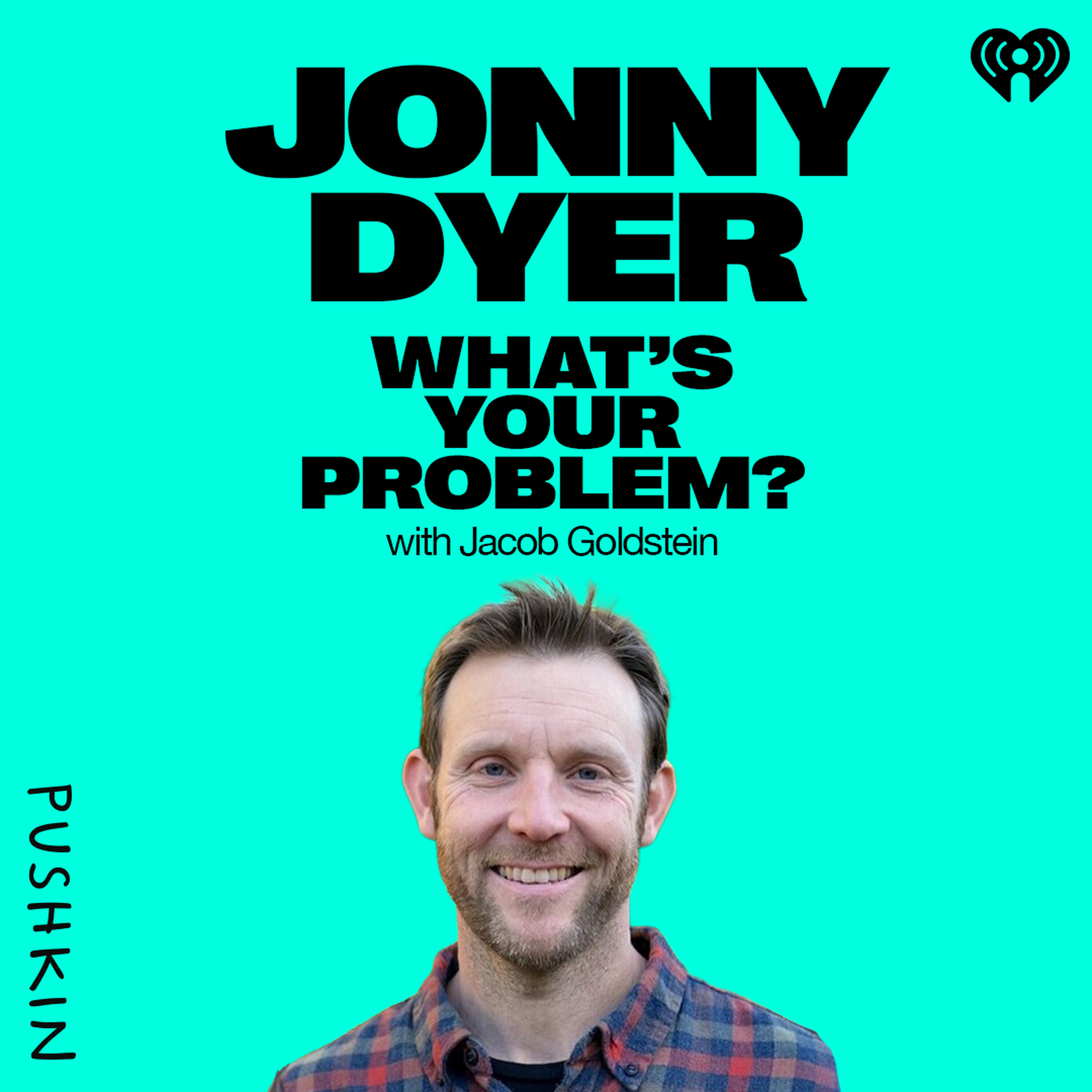What’s Your Problem?
Jonny Dyer is the founder and CEO of a satellite company called Muon Space. The company’s first big project is a satellite constellation called FireSat.
Jonny’s problem is this: How do you capture data from space to help manage wildfires around the world in near-real time?
In this episode, Jonny explains:
- How smartphone tech inspired smaller, cheaper satellites.
- Why fighting wildfires is still shockingly primitive.
- Why China does not distinguish between commercial and military satellites.
- Why data centers in space might arrive by 2035.
Connect with us:
- Follow Jacob Goldstein on LinkedIn, X and Instagram
- Email us at problem@pushkin.fm
- Follow Pushkin on Instagram, LinkedIn or X
- Listen to Jacob’s other show, Business History
- To listen to the show early and ad free, sign up for Pushkin+
See omnystudio.com/listener for privacy information.

We’re Going to Need a Better Boat
Mitch Lee is the co-founder and CEO of Arc Boats. Mitch’s problem is this: How do you build competitively priced electric boats? On today’s show, Mitch explains why water makes electrification so hard, the techno-economic…
How to Experience the Joy of Giving Right Now: A Giving Tuesday Special from The Happiness Lab
According to the science, it really is better to give than receive. Donating a dollar; sharing a kind word or lending someone a hand changes lives, but can also hugely boost your happiness. So we’re…
The Big Short Companion from Against the Rules: How the Financial Crisis Broke Wall Street
We’re sharing another podcast we think you’ll enjoy, The Big Short Companion from Against the Rules, hosted by fellow Pushkin podcast host Michael Lewis. The Big Short is now 15 years old and to mark…
The App Where Strangers Lend Each Other Money
Nina Mohanty is the founder and CEO of Bloom Money. Nina’s problem is this: How do you build an app to help immigrants manage their money? On today’s show, Nina talks about bringing a saving…
Introducing Business History: The Edison Invention People Don’t Talk About
What’s Your Problem? host Jacob Goldstein has a new show: Business History. How did Hitler’s favorite car become synonymous with hippies? What got Thomas Edison tangled up with the electric chair? Did someone murder the…
Using Sound Waves to Destroy Tumors
Mike Blue is the CEO of HistoSonics. The company recently developed a device that uses ultrasound to destroy tumors. On today’s show, Mike talks about how a garage-built prototype became an FDA-approved machine; changing the…
From Desert Robots to Driverless Trucks
Chris Urmson is the co-founder and CEO of Aurora, a company trying to bring autonomous driving to commercial trucking. Chris led a team at the 2004 DARPA challenge that launched the autonomous vehicle industry. Then…
Is the Future of Fresh Water Under the Sea?
Michael Porter is the Chief Technology Officer of OceanWell. Michael’s problem is this: How can you desalinate water at the bottom of the ocean – and deliver it to land at a cost that’s competitive…
Could Home Batteries Save the Grid?
Justin Lopas is the COO and co-founder of Base Power, a battery and power company based in Texas. Justin’s problem is this: How can you deliver more energy to more people without having to build…
Building a Better Public Bathroom
Fletcher Wilson is the CEO and co-founder of Throne Labs. Fletcher’s problem is this: How can you create public toilets that people actually want to use? On today’s show, Fletcher explains how his company is…
